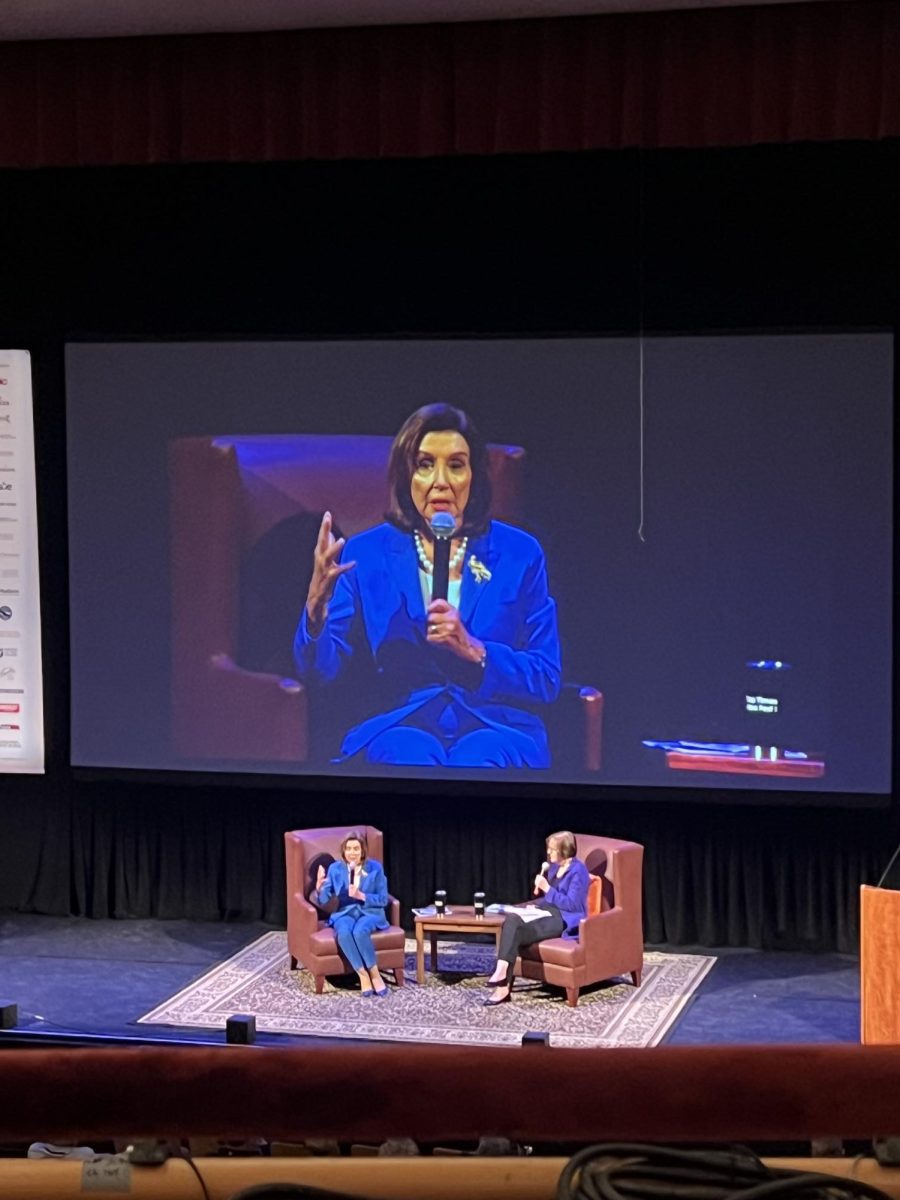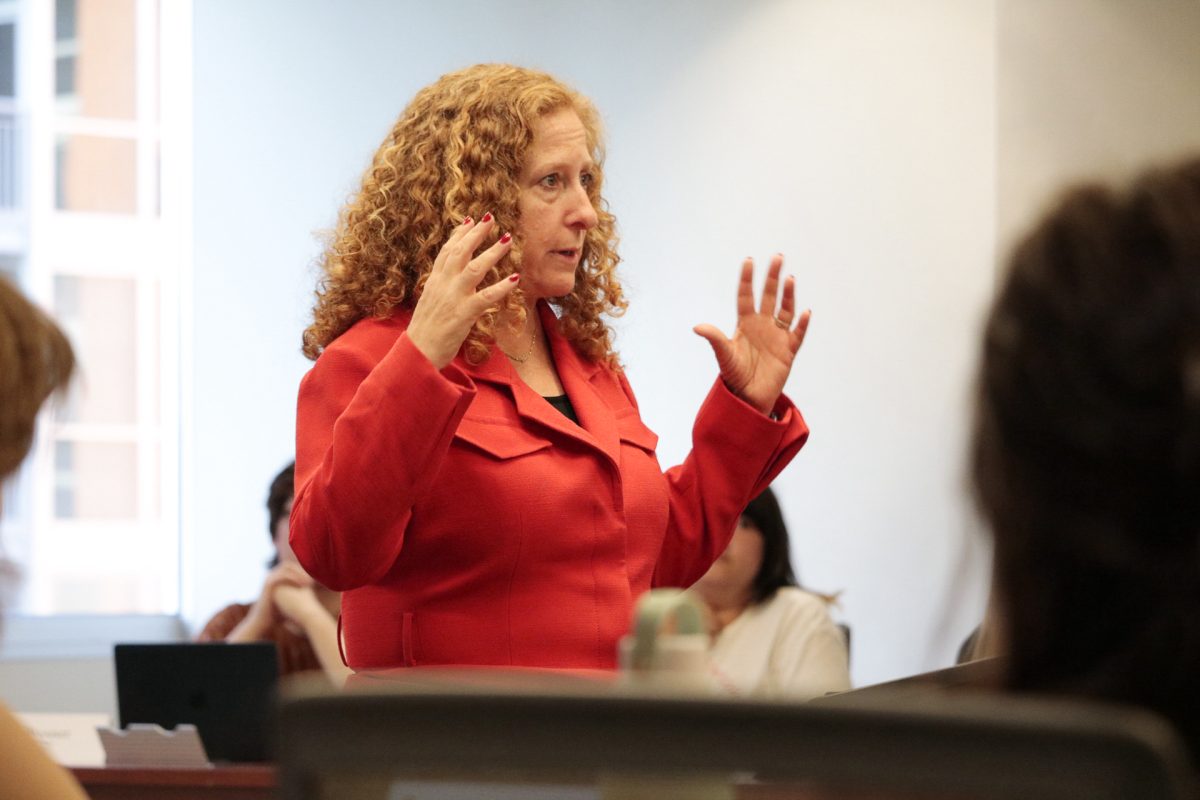In the past year, five chancellors within the University of
Wisconsin System announced their intentions to step down.
UW-Madison’s John Wiley, 66, and UW-Parkside’s Jack Keating,
70, are stepping down due in part to their age and are not taking positions at
other institutions. Today, UW-Madison will announce a short list of candidates
to replace Wiley.
But UW-Green Bay’s Bruce Shepard, UW-Whitewater’s Martha
Saunders and UW-River Falls’ Don Betz are leaving for considerably higher
paying positions somewhere outside Wisconsin.
With a system of 14 chancellors — 13 at the four-year
universities and the 14th leading the UW Colleges and UW-Extension — five
openings equates to over one-third of the positions in the state.
It’s no secret that chancellor pay in the UW System is far
below comparable institutions. For example, Wiley’s $327,000 salary is $84,000
less than the average for other leaders in UW-Madison’s peer group and the
lowest of the 11 comparable schools.
In February, however, the Board of Regents approved a salary
hike for UW-Madison’s chancellor position to somewhere between $370,000 and
$452,000.
As he prepares to leave the chancellor post he has held
since 2001, Wiley acknowledges the statistics but makes his position pretty
clear.
“I was paid enough,” he said.
Despite the five departures systemwide and a
lower-than-average salary, Wiley said UW-Madison will find a perfectly capable
individual to replace him. He doubts compensation will play a role in the
chancellor search as whole.
“I know it’s currently $100,000 below the median, but I
think the median is ridiculously high because of a few salaries, especially in
the Big Ten, that we get compared to,” Wiley said. “There are some
salaries that are just completely unjustifiable. And it’s not reasonable to
compare our salaries against theirs.”
E. Gordon Gee, the president of Ohio State University, now
makes just over $1 million annually — a figure that sits considerably higher
than what was used when UW determined its peer group averages in February.
According to UW System figures, the 2006-2007 chancellor
salaries at comparable institutions included $516,000 at the University of
Michigan, $407,000 at Purdue University and $384,000 at the University of
Minnesota.
“Someone just lost their senses in paying an extortionate
amount of money at some universities, so it’s an unfair comparison,” Wiley
said.
?
Show me the money
While Wiley and Keating are not moving onto better paying
positions, Shepard, Saunders and Betz are.
“Three people have said, ‘I have been recruited. I’ve
tried to stay,'” UW Board of Regents President Mark Bradley said.
“And the salaries outside Wisconsin are just so much higher, you could
hardly blame somebody.”
While Bradley pointed to Wiley’s beliefs that he was paid
fairly and national salaries are inflated, he still argues UW’s chancellors are
not paid enough relative to other institutions.
“If you talk about the chancellors at the comprehensive
campuses in Wisconsin, we’ve got two big problems,” Bradley said.
“The leaders, who have tremendous responsibility, they are underpaid in
relation to the comparisons, and we have lost three superb chancellors.”
Patrick O’Connell, organizing and communications director
for the United Council of UW Students, said chancellor pay is just a subsection
of the problem of a lack of state funding for the UW System.
“Students can’t carry the UW System on their
backs,” O’Connell said. “And for the last 10 years, that’s what the
state has been forcing them to do.”
Rep. Mark Pocan, D-Madison, agreed, adding a major reinvestment
is needed for the UW System in general and dealing with budgetary issues will
provide a challenge for the next set of chancellors.
“I think that’s been one of the biggest challenges
that’s been ongoing,” Pocan said. “While I’ve been in the Legislature,
we’ve had far more bad budgets than good budgets for the UW System. Funding in
general is important.”
UW is already working with state legislators to push their
initiatives for the 2009-11 biennial state budget.
“The chancellors leaving are just a symptom of what’s
going wrong,” Pocan added.
Regent David Walsh, who chairs the special regent committee
charged with recommending a final candidate for UW-Madison chancellor, said the
money simply is not available to pay chancellors anymore.
He said part of the UW System’s challenge is to convince
lawmakers higher education is “a solution, not an expense.”
“The world has changed in a lot of areas, and
unfortunately, where we might have money for coaches and sports and CEOs in
certain areas, we don’t have the alternative revenue streams to pay qualified
educators,” Walsh said.
Walsh said the UW System is known for grooming chancellors
who eventually move on to other, higher-paying positions.
“The fact is these jobs chase the money, and we don’t
have the money in public education,” Walsh said.
?
Not alone
Despite his firm opinion, Wiley admits he’s “an
outlier” in believing his salary remains at an appropriate level.
But some Republican state legislators — individuals who are
known to be vocal when it comes to UW System issues — agree with Wiley.
Rep. Scott Suder, R-Abbotsford, said the average median
family income in his home district is $40,000, adding those people end up
footing the bill for chancellor salaries.
“I think if you ask anyone on the street and you told
them how much our chancellors make, I think they would be stunned by how much
they make,” Suder said.
Pocan thinks the UW System will find perfectly qualified
candidates to take over for Wiley and the other four leaders despite the
comparative salaries.
“I think people don’t do the job strictly for the pay
and a lot has to do with doing it at this institution,” Pocan said.
Wiley pointed out that UW-Madison holds the title of the
nation’s 2nd-most successful research institution, a factor that is
particularly important in an era when corporations are putting much less
emphasis on research, relying on universities to pick up the slack.
UW System officials have also continually emphasized UW
schools offer an excellent “total package.”
“We have salary and the state retirement plan and the
state health insurance plan,” Bradley said. “We don’t have the
ability to put together deferred compensation plans like some of our
competition does.”
Walsh agreed that despite UW’s inabilities to compete
“like we used to be,” the UW System still provides a positive place
for leaders to settle.
Suder strongly disagrees with efforts to continually raise
chancellor salaries, criticizing the Board of Regents’ February move to
increase the salary range for Wiley’s successor.
“This is a little game they play,” he said.
“It’s a race to the top for salaries.”
?
The process
With many of these figures based on using peer group
figures, Wiley said the way UW sets its chancellors’ salaries needs serious
revision.
“Faculty salaries are determined in an open, free
market. They’re determined by supply and demand, and they find a reasonable
dollar amount,” he said. “Chancellor salaries should be the same
thing, but they’re not because of things like search firms and comparisons that
everybody includes of their peers that get distorted by noncompetitive factors,
and I don’t think that’s right.”
Suder agreed chancellor salaries should be determined on
more competitive factors, adding the comparisons to other institutions are
unfair.
“There’s no correlation with the private market,”
he said. “I would say it’s a salary game to play with the numbers.”
UW-Madison’s Search and Screen Committee is among the school
committees using a search firm for chancellor search.
The firm, Academic Search Consultation Service, currently
assists other schools in executive searches, including Texas Tech and South
Carolina State University. In an online description of the organization founded
in 1976, ASCS says it “wrote the book” on how to lead university
president or chancellor searches.
A representative from Academic Search deferred all questions
to UW officials.
Walsh said there are several advantages to utilizing a
search firm.
“They spread the word quicker,” Walsh said.
“They encourage higher salaries because they want to assist in getting
good people from other institutions.”
Bradley stands by the university’s decision to use a search
firm but admitted they could play an indirect role in continually increasing
chancellor salaries.
“It’s one of several factors,” Bradley said.
“No one factor could dictate a result. The institutions are the ones who
end up falling for the spiraling salary argument. If a couple prominent
institutions would draw a line and other institutions would follow, then you
would see more moderate inflation in these salaries.”
Just as the Board of Regents will do later this summer,
Bradley pointed out each university sets its chancellor’s pay and does not
leave it up to any search firm.
“No matter what a search firm says, you have to have a
group?of people decide, ‘That’s what we’re going to pay them,'” he
said.
In the end, Walsh hopes the state and UW System can reach
some sort of conclusion.
“It’d be nice if we could stop complaining about all
this and try to figure out a solution together,” he said.













